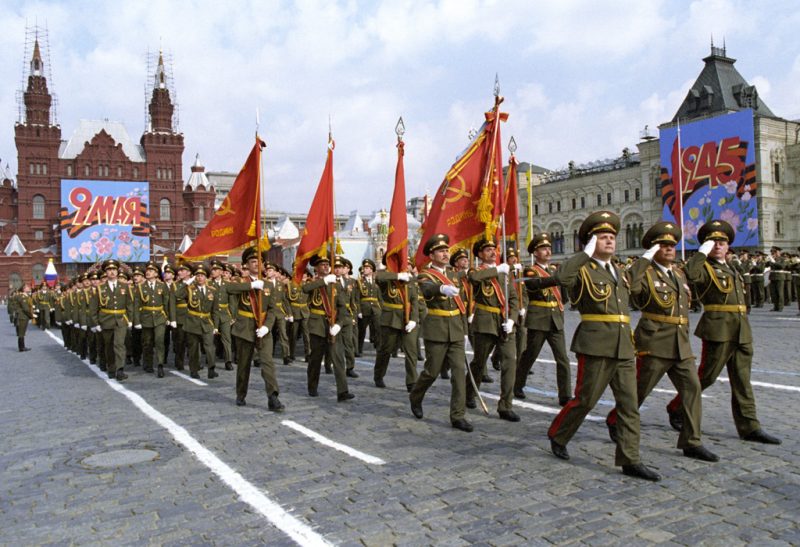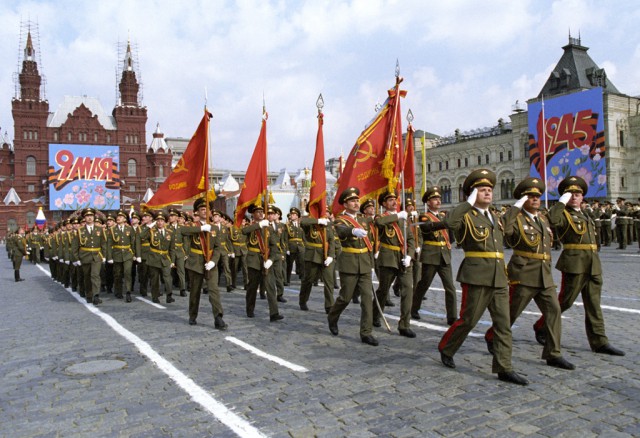The Prime Minister of the United Kingdom, David Cameron, joined the German Chancellor, Angela Merkel, and leaders of the Baltic countries in boycotting the ceremony to be held in commemoration of the Allied victory in WW2. The reason behind the boycott is the location of the ceremony, Russia.
European leaders have taken a very strong stand on Russia’s recent alleged incursions into Ukraine and direct involvement in the annexation of Crimea.
Since the end of the Cold War, Western powers, including NATO and the US, had been very welcoming of the Russian government. There had always been a sense of uneasiness due to small misunderstandings and minor issues. One such incident caught media’s attention when Prime Minister David Cameron stepped forward in defence of his country, after a Russian official called Britain ‘just a small island’.
But this time, instead of a slight uneasiness or a minor misunderstanding, there is major concern about a perceived dramatic shift in Russia’s foreign policy.
The Victory Day commemoration, which is due to be held this year on 9th of May, is not an ordinary ceremony held to pay silent tribute. It is, rather, a colourful show of power and national strength for Russia. In WW2 Russia lost over 20 million of its citizens, and this day is held to show respect to the people who perished during the deadliest conflict of 20th century.
In 2010, NATO forces from Britain, Poland, the US and France joined 10,000 Russian soldiers in a march on that year’s commemoration day. NATO countries had been attending the ceremony quite regularly, sitting in the audience and watching Russian war machines go past them.
In 1995, not long after the collapse of the Soviet Union, US President Bill Clinton and UK Prime Minister John Major attended the 50-year commemoration ceremony in Moscow. In 2005, US President George Bush was in the audience alongside John Prescott who was representing UK Prime Minister Tony Blair, The Telegraph reports.
Russia’s involvement in the affairs of its immediate neighbouring countries and other recent events have created a Cold-War-like tension between NATO, the US and Russia.
By facilitating the annexation of Crimea from Ukraine, Russia invited the wrath of NATO and the US. Consequently, Russia came under huge pressure due to a number of trade sanctions imposed by the Western powers. Russian state-controlled media is seen as propagating in favour of the rebels active in Ukraine, and demonizing Ukraine, NATO and the US.
In light of all these very significant regional developments, NATO countries have decided not to participate in the commemoration ceremony to be held in Russia in a few weeks’ time. This shows that Putin has to rethink his foreign policy if he wants to maintain normal relationships with NATO and the US.

